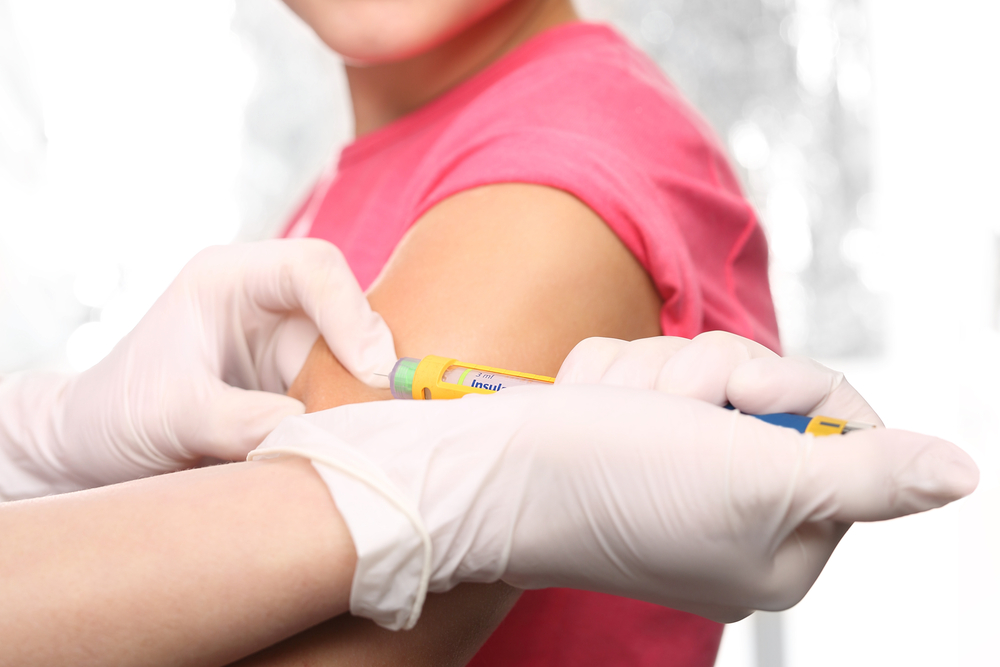
In type 1 diabetes, the pancreas does not make insulin or makes very little insulin. Without insulin, blood sugar is unable to enter the cells and builds up in the bloodstream. High blood sugar damages the body and causes many of the symptoms and complications of diabetes.
Type 1 diabetes is less common than type 2 diabetes; approximately 5-10% of people with diabetes have type 1. Currently, no one knows how to prevent type 1 diabetes, but it can be managed by following your doctor’s recommendations for:
Type 1 diabetes symptoms can develop in just a few weeks or months and can be severe. These include:
Based on currently available information, the U.S. Center for Disease Control and Prevention (CDC) warned that adults of any age with type 1 diabetes might be at an increased risk for severe illness from the virus that causes COVID-19. As such, individuals with chronic conditions such as type 1 diabetes must follow these simple precautions:
Consult your doctor about the optimal management of type 1 diabetes.
Shop at Watsons for your essential healthcare needs.
References: https://www.cdc.gov/diabetes/basics/what-is-type-1-diabetes.html. Accessed 27March 2021 https://www.cdc.gov/diabetes/basics/symptoms.html. Accessed 27 March 2021 https://www.cdc.gov/coronavirus/2019-ncov/need-extra-precautions/people-with-medical-conditions.html. Accessed 27 March 2021 https://www.cdc.gov/coronavirus/2019-ncov/prevent-getting-sick/prevention.html. Accessed 27 March 2021
Overweight and obesity are defined as abnormal or excessive fat accumulation that presents a risk to health. A body mass […]
Around 27 million Filipino adults are overweight or obese, according to the latest National Nutrition Survey conducted by the Food […]
Advances in scientific and technological knowledge have provided unprecedented advantages in terms of immeasurable convenience in our daily living, lightning-fast […]